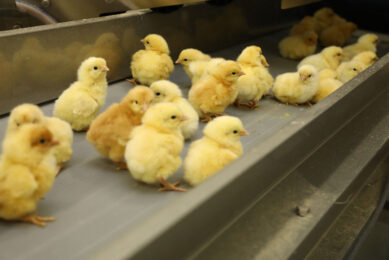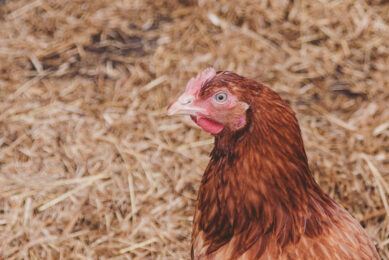Indonesia urged to do more to fight avian flu
Indonesia needs rapidly to double its spending on avian flu in order to tackle the disease in birds and reduce the risk of its spread to humans, according to new estimates by international experts.
In the build-up to a donors’ meeting sought by the Indonesian government later this month, officials have calculated that the country should spend at least $200m annually over the next three years.
That would help bolster surveillance of the disease in animals and humans, promote selective vaccination, culling, public education programmes and reinforce health services.
The costs highlight the extra foreign and domestic efforts seen as necessary in a nation that has already been among the hardest hit by bird flu, and which experts see among the most likely locations for the generation of a human pandemic strain.
The estimates, compiled in discussions between Indonesian experts and the World Bank, World Health Organisation and the Food and Agriculture Organisation, contrast with just $30m spent by the Indonesian government last year with virtually no international support.
The government has allocated almost twice as much in its own budget for this year, at $50m. It has been pledged a similar amount during the year by multilateral and bilateral grants.













